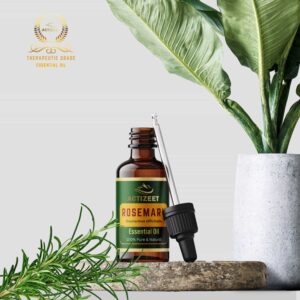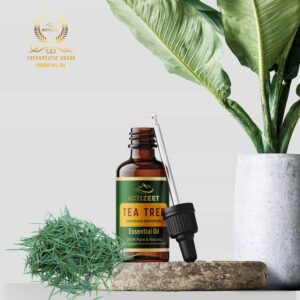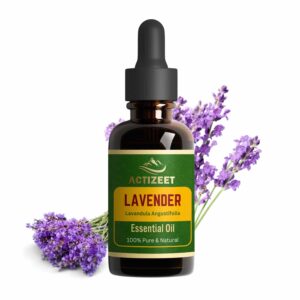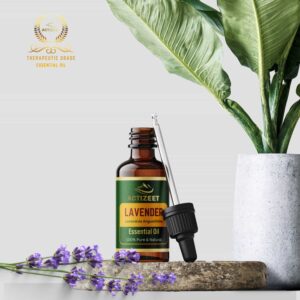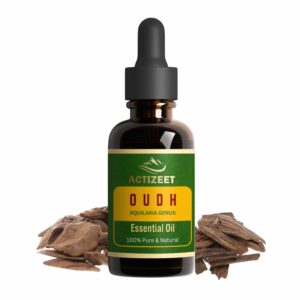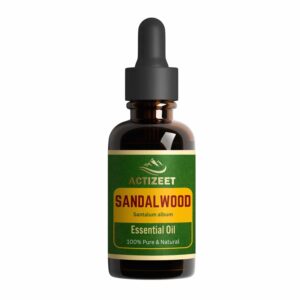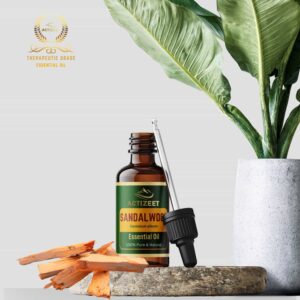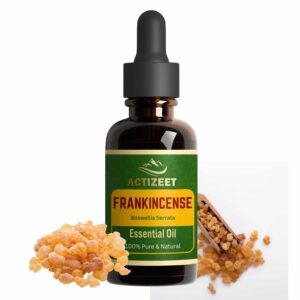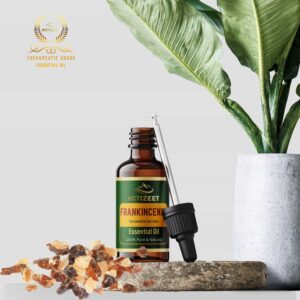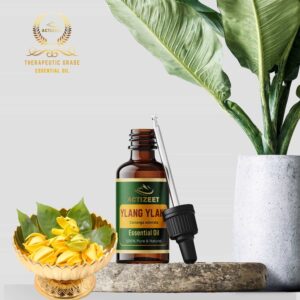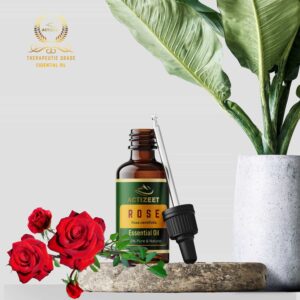Bad breath, commonly known as halitosis, is a condition that can make even the most confident individuals cringe. It is characterized by an unpleasant odour emanating from the mouth, leaving an undesirable trail wherever it goes. The causes of bad breath can be multifaceted, ranging from poor oral hygiene to underlying health issues.
One of the primary culprits behind bad breath is the accumulation of bacteria in our mouths. These bacteria thrive on leftover food particles and other debris that often get trapped between our teeth or along the gum line.
As they break down this organic matter, they release noxious-smelling compounds called volatile sulfur compounds (VSCs). These VSCs are responsible for that foul odour that can knock out even the most resilient noses.
Table of Contents
ToggleImportance of addressing bad breath for oral hygiene and social interactions
Addressing bad breath isn’t just about saving ourselves from embarrassing encounters; it plays a crucial role in maintaining good oral hygiene as well. Persistent halitosis may indicate underlying dental issues, such as gum disease or tooth decay.
By addressing and combating bad breath, we can potentially prevent these problems from worsening. Beyond dental health, tackling halitosis is essential for fostering positive social interactions.
Let’s face it: nobody wants to be known as “the one with chronic dragon breath.” Bad breath can hamper our confidence, making us self-conscious during conversations and limiting our social interactions. Whether it’s at work meetings, romantic encounters, or casual hangouts with friends, fresh breath acts as an unspoken invitation to engage in conversations and exudes an aura of approachability.
Understanding Essential Oils
Essential oils have gained immense popularity in recent years, but what exactly are they? Simply put, essential oils are highly concentrated plant extracts that capture the essence and aroma of the plant.
They are obtained through various extraction methods, such as steam distillation, cold pressing, or solvent extraction. This process ensures that the potent compounds present in the plants are preserved in their purest form.
One of the key benefits of essential oils lies in their versatility. These powerful extracts have been used for centuries to address a wide range of health issues, including bad breath.
The therapeutic properties of essential oils make them an effective natural remedy for many ailments. When it comes to bad breath specifically, essential oils offer a holistic approach by addressing its root causes rather than just masking the odour temporarily.
The Hidden Potential: Benefits of Using Essential Oils
Essential oils encompass a treasure trove of health benefits beyond their pleasant scents. These potent plant extracts possess antibacterial, antifungal, and antimicrobial properties that make them valuable allies in combating various health issues.
When it comes to bad breath, these benefits come into play by directly targeting the bacteria responsible for causing halitosis. Beyond their antimicrobial effects, certain essential oils also possess anti-inflammatory properties that aid in improving overall oral health.
Inflammation in the gums is often associated with bad breath and can be a sign of underlying oral problems such as gum disease or tooth decay. By reducing inflammation and promoting healthy gums, essential oils contribute to fresher breath and better oral hygiene overall.
Top Essential Oils for Bad Breath
Peppermint Oil: Refreshing and Antibacterial Properties
When it comes to combating bad breath, peppermint oil is a superstar. Its refreshing and invigorating properties not only provide an instant burst of freshness but also help eliminate the bacteria responsible for causing unpleasant odours in the mouth. The secret lies in its main component, menthol, which gives peppermint oil its distinct cooling sensation.
Menthol acts as a natural breath freshener by soothing the oral tissues and stimulating saliva production. This increase in saliva helps wash away food particles and neutralize acids that can lead to foul-smelling breath.
Additionally, the antibacterial properties of peppermint oil work wonder against the odor-causing bacteria lurking in your mouth. By inhibiting their growth, peppermint oil helps you maintain fresh breath throughout the day.
Tea Tree Oil: Powerful Antiseptic Properties
Known for its potent antiseptic qualities, tea tree oil is a fantastic option for combating halitosis caused by harmful mouth bacteria. The active ingredient in tea tree oil, known as terpinen-4-ol, has been shown to have powerful antibacterial effects specifically targeting oral bacteria. By inhibiting bacterial growth in the mouth, tea tree oil helps reduce plaque buildup and prevent dental issues such as gum disease that can contribute to bad breath.
Furthermore, this remarkable essential oil possesses anti-inflammatory properties that can help soothe inflamed gums. By reducing gum inflammation, tea tree oil promotes overall oral health and contributes to fresher breath.
Eucalyptus Oil: Natural Deodorizer with Antimicrobial Effects
If you’re looking for a natural deodorizer to combat bad breath effectively, eucalyptus oil is an excellent choice. Its strong aroma not only provides a pleasant fragrance but also helps mask foul odours temporarily. Eucalyptus oil’s distinctive scent has a refreshing and invigorating effect that can help freshen your breath.
Beyond its deodorizing properties, eucalyptus oil also exhibits antimicrobial effects, targeting oral bacteria responsible for causing halitosis. This essential oil’s antibacterial properties make it an effective ally in reducing the likelihood of bad breath.
By incorporating eucalyptus oil into your oral hygiene routine, you can enjoy long-lasting freshness and maintain optimal oral health. Remember, when using essential oils for bad breath, it’s important to dilute them properly and follow recommended guidelines.
Essential oils should be used as a complementary intervention alongside regular dental care practices such as brushing, flossing, and routine check-ups. With the right approach and these top essential oils in your arsenal, you can confidently combat bad breath and enjoy the benefits of fresher breath and improved oral hygiene.
How to Use Essential Oils for Bad Breath
Inhalation Method:
One of the simplest and most effective ways to use essential oils for combating bad breath is through inhalation. This method allows the aromatic molecules present in the oils to reach your olfactory system, stimulating your senses and neutralizing any unpleasant odours emanating from your mouth. To practice this technique, add a few drops of your chosen essential oil, such as peppermint or tea tree oil, to a diffuser.
The diffuser will disperse the oil molecules into the air, filling your surroundings with a refreshing aroma that can leave you feeling revitalized and ready to tackle the day. In addition to using a diffuser, you can also inhale essential oils directly from the bottle.
Simply open the bottle containing your preferred oil and take a deep breath through your nose. As you inhale, allow the invigorating scent of the oil to envelop your senses.
By doing so, you are effectively harnessing the odour-neutralising power of these oils and freshening your breath in an instant. Whether you choose inhalation via a diffuser or directly from the bottle, both methods provide quick and convenient ways to combat bad breath on the go.
The Aroma’s Breath-Freshening Benefits:
The aroma emitted by essential oils plays a significant role in freshening breath by neutralizing odours caused by bacteria in our mouths. When we inhale these fragrances, they travel up into our nasal passages, where they interact with receptors responsible for our sense of smell.
These receptors send signals to our brain’s limbic system – often referred to as our “emotional brain,” which is responsible for regulating emotions and memory. The refreshing scents of essential oils not only help mask unpleasant breath odours temporarily but can also have mood-boosting effects that leave us feeling more confident and self-assured.
As a result, the aroma itself becomes an integral part of the breath-freshening experience, enhancing our overall oral hygiene routine. By incorporating essential oils into your daily regimen through inhalation, you are not only addressing bad breath but also enjoying the mental and emotional benefits that these natural fragrances provide.
Conclusion
Incorporating essential oils into your oral hygiene routine can be a game-changer when it comes to combating bad breath. Whether you choose peppermint oil for its refreshing menthol properties or tea tree oil for its potent antimicrobial effects, these natural remedies offer a pleasant and effective solution. By using inhalation methods like diffusers or simply inhaling directly from the bottle, you can quickly freshen your breath while enjoying the invigorating scents and mood-boosting benefits these oils provide.
So, why settle for conventional breath fresheners when nature has provided us with such an aromatic arsenal? Embrace the power of essential oils in your fight against bad breath and experience a whole new level of freshness and confidence.
With these simple yet effective methods at your disposal, saying goodbye to unpleasant odours is within reach. Let the invigorating scents transport you to a world of renewed oral health and social interactions filled with positivity and charm.
RECOMANDED PRODUCTS
-
Rated 4.72 out of 5
₹1,500.00Original price was: ₹1,500.00.₹1,200.00Current price is: ₹1,200.00. Incl. GST ADD TO CARTBuy Now -
Rated 4.88 out of 5
₹1,500.00Original price was: ₹1,500.00.₹1,200.00Current price is: ₹1,200.00. Incl. GST ADD TO CARTBuy Now -
Rated 4.74 out of 5
₹1,500.00Original price was: ₹1,500.00.₹1,200.00Current price is: ₹1,200.00. Incl. GST ADD TO CARTBuy Now -
Rated 4.63 out of 5
₹1,900.00Original price was: ₹1,900.00.₹1,450.00Current price is: ₹1,450.00. Incl. GST ADD TO CARTBuy Now -
Rated 4.72 out of 5
₹2,500.00Original price was: ₹2,500.00.₹1,950.00Current price is: ₹1,950.00. Incl. GST ADD TO CARTBuy Now -
Rated 4.88 out of 5
₹1,500.00Original price was: ₹1,500.00.₹1,200.00Current price is: ₹1,200.00. Incl. GST ADD TO CARTBuy Now -
Rated 4.80 out of 5
₹1,500.00Original price was: ₹1,500.00.₹1,200.00Current price is: ₹1,200.00. Incl. GST ADD TO CARTBuy Now -
Rated 4.88 out of 5
₹1,500.00Original price was: ₹1,500.00.₹1,200.00Current price is: ₹1,200.00. Incl. GST ADD TO CARTBuy Now
Related posts:
- Naturally Prevent Grey Hair with Essential Oils: Expert Tips
- Nourish Your Hair: Benefits of Using Essential Oils
- Unlocking the Power: How Essential Oils Are Used
- Unlocking the Skin Benefits: Essential Oils Explained
- Discover Top Essential Oils for Back Pain Relief
- Relieve Joint Pain Naturally: Essential Oil Remedy
- Unveiling the Truth: Can Essential Oils Expire?
- Revitalize Your Mehndi with Essential Oil: Discover the Benefits!



